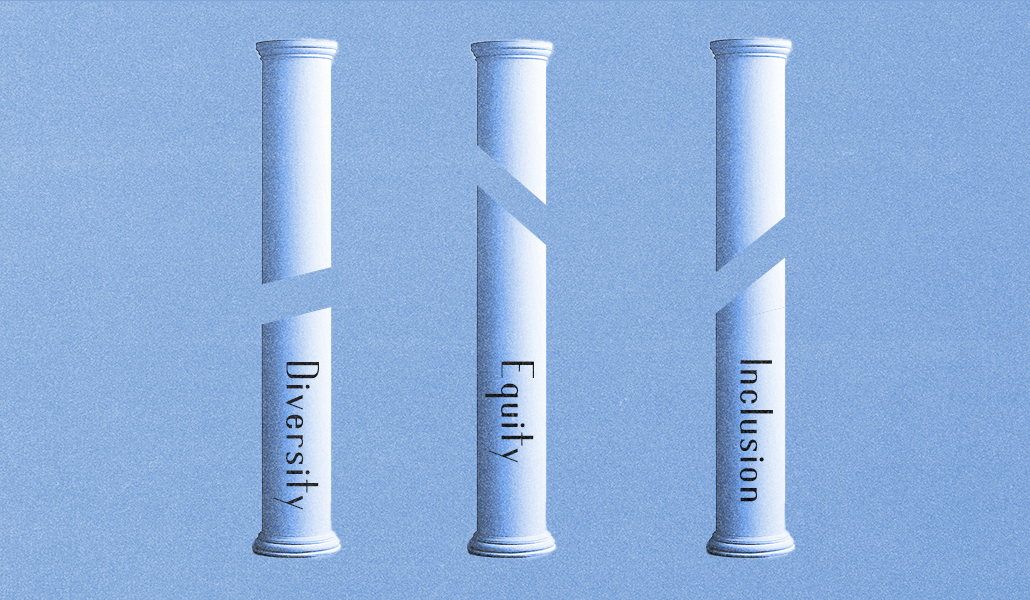Walmart, now Costco: More major employers forced to take a stance on DEI

The war on diversity, equity and inclusion is only heating up as the U.S. transitions to another Trump presidency, and corporations are increasingly feeling forced to take a stance on one side or the other. Some are standing firm on their commitments while others are slimming or nixing their initiatives as they work to appease consumer bases and shareholders, and for some, their workforces.
In the retail space, two major competitors are taking different stances. Walmart in November announced it was scaling back its DEI programs. That includes withdrawing from the LGBTQ+ advocacy group Human Rights Campaign’s Corporate Equality Index and ending its practice of prioritizing suppliers based on race or gender criteria. Walmart also chose not to renew its five-year commitment to a racial equity center established in the wake of George Floyd’s death in 2020.
Costco took a different approach when faced with a proposal from shareholders challenging the retail giant’s DEI policies. Its board of directors unanimously recommended voting against the proposal, stating “our Board has considered this proposal and believes that our commitment to an enterprise rooted in respect and inclusion is appropriate and necessary.”
“I suspect that all companies, especially the larger ones, are going to face questions from their board members, their important shareholder groups, and also their employees, asking where we are on the spectrum of wanting to keep the programs together,” Niki Ramirez, founder and principal consultant at HR Answers, a human resources consultancy.
The pressure over DEI programs is expected to intensify this year, according to a report from i4cp, a human capital research firm. “If it hasn’t happened already, HR, the C-suite, and the board need to scenario plan and prepare for increased opposition to organizational DE&I initiatives,” according to that report.
Employers have largely started by looking at and shifting the language and messaging they use around such programs. For instance, the Society for Human Resources Professionals announced last year that it was dropping the word “equity” from its DEI programming.
“If they aren’t dismantling their DE&I departments and initiatives to avoid scrutiny, many companies are instead simply changing their language. Typically, dropping either the ‘D’ or the ‘E’ and talking more about inclusion, which is viewed as a safer description,” according to the i4cp report.
“Some organizations are trying to blend existing DE&I efforts and professionals into other areas of the company to avoid having a standalone function, even rebranding DE&I under broader organizational programs such as employee engagement or leadership development,” that report said.
“While some organizations are integrating DEI principles into broader business functions, this risks losing the focus and intentionality that true inclusion requires,” said Rebecca Perrault, global vp of culture, diversity, and sustainability at Magnit, a contingent workforce management firm.
“Moving DEI out of its dedicated space may feel like adaptation, but it also signals hesitation in the face of backlash — a short-term response to long-term challenges. Let’s be clear, inclusive practices don’t just happen. They demand deliberate effort and accountability,” Perrault said.
Ultimately, HR leaders should prepare to present outcomes from past DEI efforts and align those with proposed initiatives with their organization’s strategy, market, culture leadership, and talent requirements, according to the i4cp report. And senior leaders should plan and discuss with the board what their plans are if DEI strategies are targeted by activists outside (or even inside) the organization.
Companies will have to carefully navigate these issues, as taking a strong stance can have both positive and negative consequences in terms of public perception and workforce sentiment.
“In terms of the process for determining what to do next, what I see them doing that is similar, is acting on their values,” said Ramirez.
“For organizations that have clearly stated that their values, in some way, shape or form, to incorporate diversity, equity and inclusion or belonging, components of social justice – if we see that showing up in their values, then I think that’s part of how they strategically decide what to do,” she said.


